By Laurence Prusak and Don Cohen NASA is unquestionably a knowledge-intensive organization. Among government agencies, it is probably the most knowledge intensive.
32
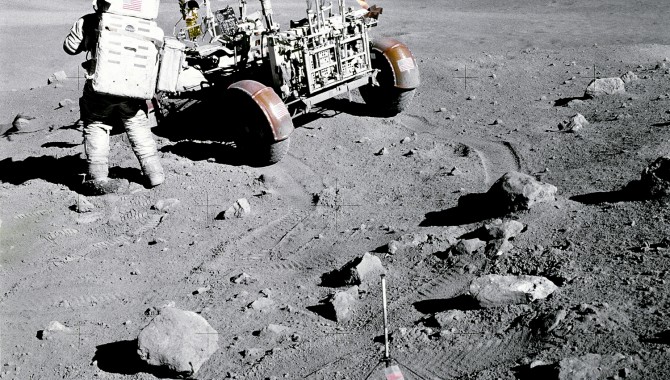
By Dr. James B. Garvin For fifty years, NASA has promoted scientific investigations enabled by the space-borne vantage point it has pioneered.
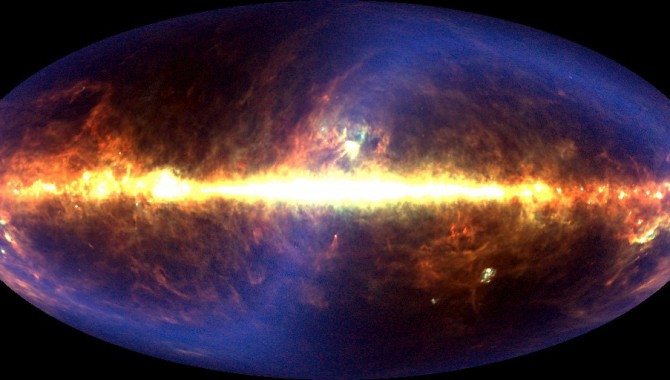
By Noel Hinners Starting in 1963, I have witnessed in amazement the science discoveries made by the nation’s human and robotic space program.
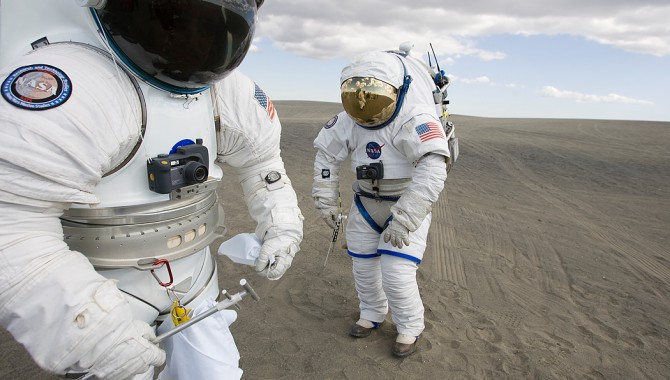
By Laurence R. Young So we are going back to the moon, this time with more people staying for longer periods. The lunar outpost has been envisioned as a substantial home base—if not a settlement—to house and supply astronauts as they explore the lunar surface.
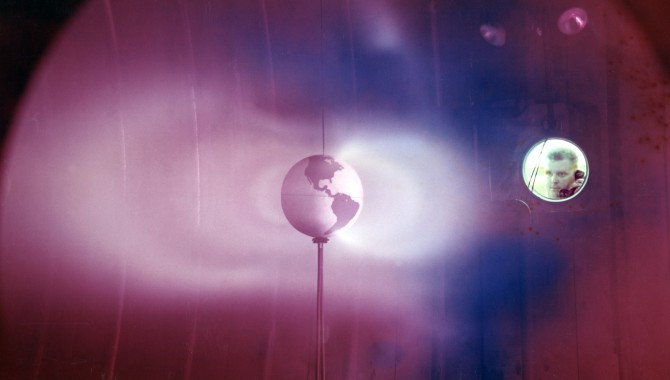
By Matthew Kohut It’s a story so familiar it has achieved popular status as NASA’s creation legend: when the Soviet Union launched Sputnik in October 1957, it shocked the flat-footed United States into action, locking the Cold War gladiators into a space race.
By Ed Hoffman Thinking about this special issue of ASK focusing on NASA’s fiftieth anniversary, it occurred to me that there is a story from my own experience that is worth sharing.
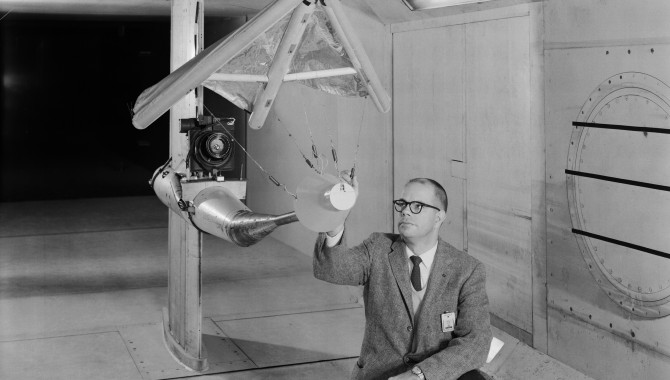
By Howard E. McCurdy Imagine for a moment that high-ranking government officials enthusiastically embrace a plan to send Americans to the moon as part of an effort that will lead eventually to human expeditions to Mars.
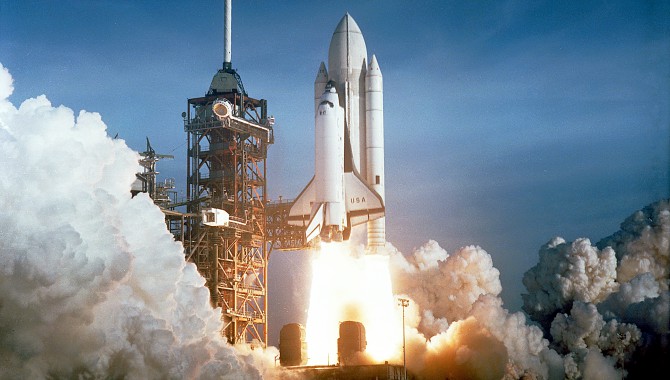
By Jim Odom I was the project manager for the Space Shuttle external tank for eleven years, from the planning days in 1971 through the launch of the sixth shuttle flight in 1983.
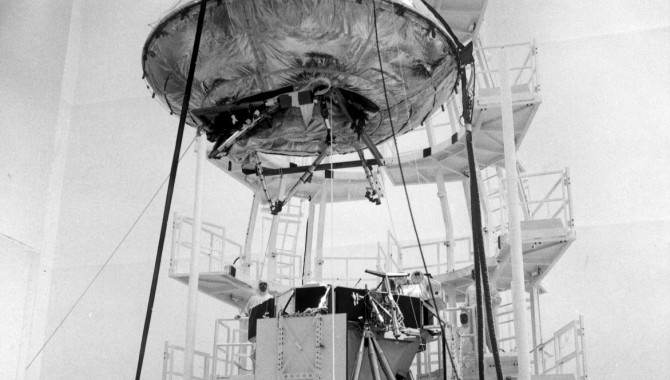
By Kerry Ellis Since the advent of space exploration, Mars has been a tantalizing goal.





